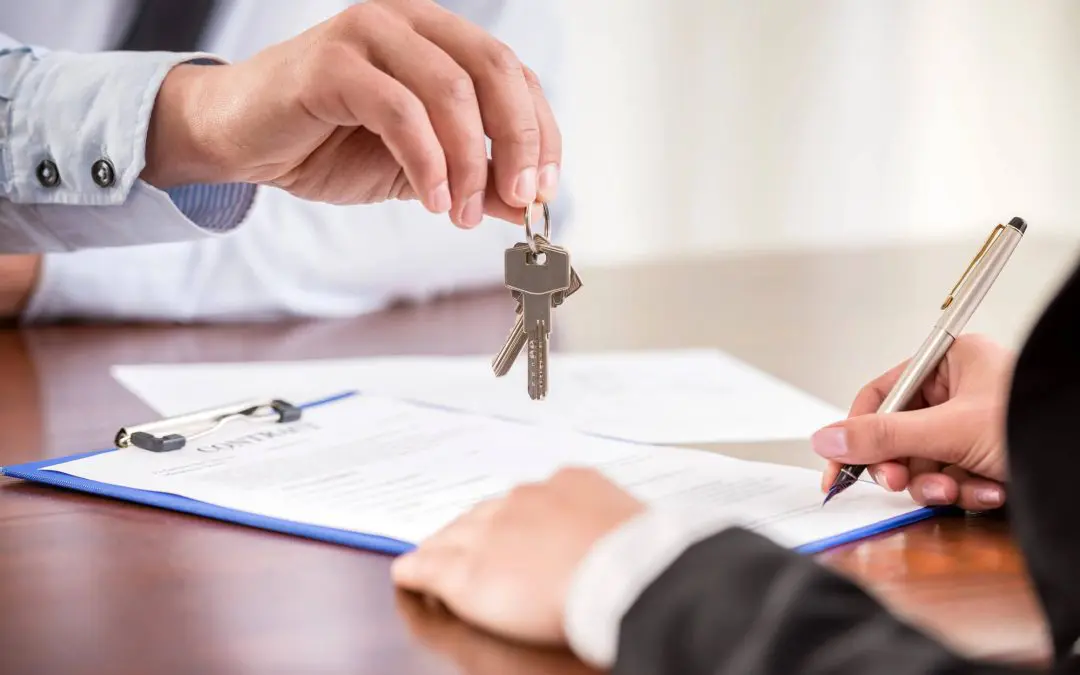Owning a home is an exciting milestone that comes with new responsibilities. The first year is crucial for establishing good habits and making sure your home is safe and comfortable. Here’s a straightforward guide to help you navigate the essentials of your first year of homeownership.
Familiarize Yourself with Your Home
Spend some time getting to know your new space inside and out. Locate key features like the main water shut-off valve, the breaker box, and the HVAC system. Understanding where these are and how they work will save you time and stress in an emergency.
Take a walk around your property to identify potential issues, like clogged gutters, cracks in the foundation, or overgrown landscaping. If your home inspection highlighted areas needing attention, now is the time to tackle those projects before they worsen.
Create a Home Maintenance Plan During Your First Year of Homeownership
Owning a home means regular upkeep is essential. A home maintenance plan can help you stay organized and prevent small issues from turning into costly repairs. For example, cleaning gutters, servicing your HVAC system, and inspecting your roof should be on your annual to-do list.
Seasonal maintenance is equally important. Check for drafts around windows and doors before winter, and make sure your air conditioning is in top shape before summer hits. A calendar or app can be a helpful tool to track these tasks.
Prioritize Safety and Security
Keeping your home safe should be a top priority. Test smoke detectors and carbon monoxide alarms to confirm they’re working properly. Replace batteries as needed and install additional alarms if your home doesn’t already have them.
Updating your locks is another important step. Even if the previous owners were trustworthy, you never know how many people had copies of the keys. Replacing or rekeying locks provides peace of mind.
A home security system is a worthwhile investment, especially if you live in a high-traffic or urban area. Modern systems can be tailored to your needs, from basic alarm monitoring to advanced features like video doorbells and motion sensors.
Manage Your Finances Wisely During Your First Year of Homeownership
As a new homeowner, budgeting is more important than ever. Unexpected expenses can pop up, so it’s wise to set aside an emergency fund for home repairs. A good rule of thumb is to save 1% of your home’s value annually for maintenance and improvements.
Paying attention to utility bills during your first few months can also help you identify ways to reduce energy consumption. Simple changes like sealing air leaks, switching to energy-efficient light bulbs, and using smart thermostats can lower costs.
Personalize Your Space
Making your house feel like home is part of the fun. While jumping into large-scale renovations is tempting, focus on smaller, manageable updates during your first year. Painting walls, updating fixtures, or adding new furniture can make a big difference without breaking the bank.
As you settle in, take time to understand your neighborhood and community. Meeting your neighbors, exploring local amenities, and participating in community events can help you feel more connected to your new environment.
Stay Informed and Proactive
Homeownership is a learning experience, and staying informed is key to success. Read up on best practices for maintaining your home, and don’t hesitate to call in professionals when necessary.
Keep an eye on your home over time. Changes like cracks in the walls, shifting floors, or new water stains could indicate underlying issues that need attention. Catching these problems early can save you a lot of money and stress.
The first year of homeownership is a learning experience but also an exciting opportunity to make your house your own. By staying proactive, organized, and informed, you’ll set yourself up for success.
FAQs About Your First Year of Homeownership
How often should I perform home maintenance?
Regular maintenance should happen seasonally, with specific tasks like HVAC servicing, gutter cleaning, and roof inspections at least once a year.
When should I set up a home emergency fund?
Ideally, you should start saving as soon as you purchase your home. Even a small monthly contribution can grow into a helpful cushion for unexpected repairs.
What should I do if I notice a potential issue, like a leaky pipe or a crack in the foundation?
Address potential issues promptly. Small problems can escalate quickly, so it’s wise to call a professional for advice or repairs when you notice something isn’t right.
Do I need a home security system if my neighborhood feels safe?
While it may not be necessary, a security system can provide added peace of mind. Basic setups are affordable and can protect your home from theft or vandalism.
What are some energy-saving tips for new homeowners?
Sealing drafts, upgrading to energy-efficient appliances, and using smart home devices are great ways to lower energy costs.
HomeSpec provides home inspection services to customers in North Mississippi and Southwest Tennessee. Contact us to request an appointment.

